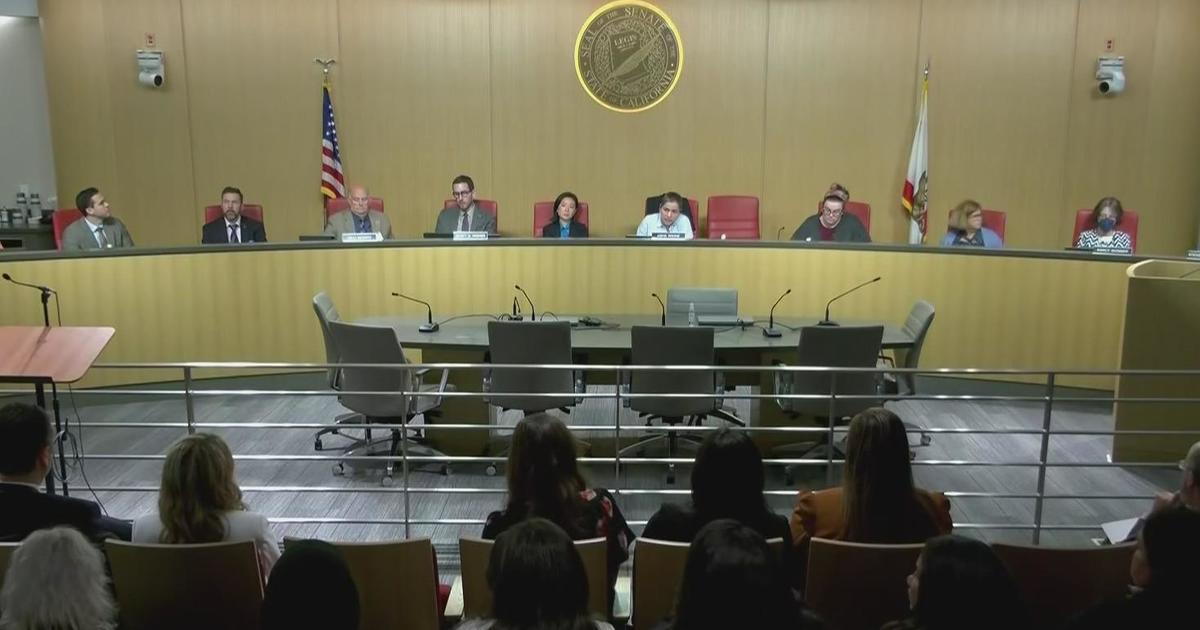UC Davis Researchers Find Farm Pesticides May Increase Chances Of Having Autistic Child
LODI (CBS13) — New findings from UC Davis researchers suggest farm pesticides may increase the chances of having a child with autism.
The information in the study isn't surprising to many families who grew up in the Central Valley and have a child diagnosed with autism.
Andrew Rigopoulis loves cars. So does his son, 7-year-old AJ, who was diagnosed with autism two years ago,
Always interested in finding clues, Andrew and his wife took close notice of the autism study that found pregnant women who lived near farms where pesticides were used had a two-thirds higher risk of having children with autism.
The UC Davis research tracked women's addresses and determined how close they were to insecticide treated fields.
"We were able to link those addresses to a database on all of, or most of the commercial applications of pesticides in California," said Professor Irva Hertz-Picciotto at the MIND Institute.
The study found mothers who lived less than one mile from fields treated with commercial pesticides during pregnancy gave birth to children who were about 60 percent more likely to have autism compared to children whose mothers did not live close to treated fields.
Andrew says he and other families with kids who have autism think this study makes sense. .
"I'm happy there is people out there that is still researching it to hopefully one day find a cure," he said.
UC Davis scientists say a combination of genetic and environmental factors are at work in any child who develops autism. It's not one thing. Andrew knows this all too well.
"I do know that if I were to have another child, that the risk is there," he said.
Scientists who worked on this study say they have made progress in learning more about autism and potential links. And they urge all pregnant women to avoid contact with agricultural chemicals whenever possible.



